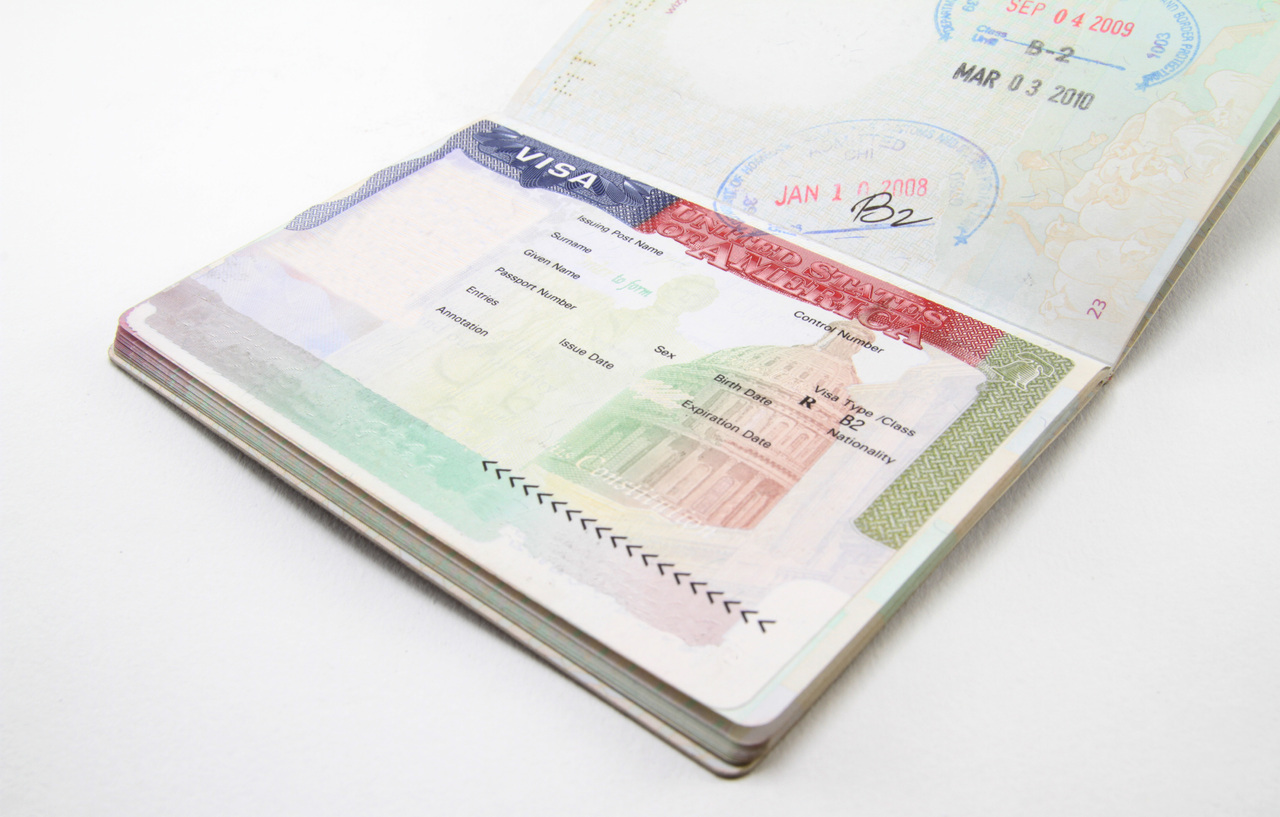Ask Skift: How Do Visa Processing Delays Affect Tourism?
4 min read
Skift Take
Tourism executives believe visa processing delays are holding back the industry’s recovery.
Some countries, including the United States, have yet to make a full tourism recovery from the pandemic, and lengthy waits for visitor visas are one reason why. Several travel executives have argued that those long waits have hurt the ability to attract visitors.
How do visa processing delays affect tourism? We posed the question to Ask Skift, our artificial intelligence chatbot. It used information from our past news coverage and Skift Research. We also conducted additional reporting.
What Ask Skift Said About Visa Delays:
Visa processing delays can significantly impact tourism in several ways.
Firstly, they can deter potential tourists from choosing a destination. For example, travelers from many countries in Latin America and the Caribbean are choosing more accessible Latin American destinations such as Cancun over popular U.S. destinations like Las Vegas due to long visa processing delays in the U.S.
Secondly, such delays can lead to a loss in tourism spending. It is projected that visa delays will cost the U.S. $12 billion in lost spending in 2023.
Thirdly, these delays can also reduce the number of new travelers a country can attract. For instance, overseas travel to the U.S. was only 78% of its pre-pandemic levels in July 2023, and one of the factors holding the U.S. back from a full return was long visa wait times, which affected would-be tourists from countries like Brazil, India, Mexico, and China.
Lastly, visa wait times can lead to increased competition among destinations. The U.S., for instance, is facing fierce competition from destinations like Saudi Arabia that have improved their tourism infrastructure and are rolling out more welcoming policies.
These challenges highlight the importance of efficient visa processing systems for countries looking to attract foreign tourists.
What Else You Need to Know About Visa Delays:
Visa delays for the U.S.’ top inbound markets are above 400 days on average. As a result, representatives at both LA Tourism and NYC Tourism + Conventions have had to work more with the local travel trade to more specifically target travelers with valid visas.
U.S. Travel Association CEO and President Geoff Freeman said visa wait times in China are close to 200 days, and that the problem will get worse next year when 10 million Chinese citizens have to renew visas.
“This is anything but a welcoming environment,” Freeman said at this year’s Skift Global Forum. “If you are a leisure traveler or a business traveler, you’re likely to say, I’ll go somewhere else.”
The U.S. was the third most searched destination during mid-autumn in China. However, it came in ninth place in total visa applications submitted by Chinese travelers, according to Trip.com Group data shared by NYC Tourism + Conventions CEO and President Fred Dixon at last month’s Skift Global Forum.
Freeman said at the Forum that the U.S. is losing ground in the race to attract travelers, with rival destinations increasingly waiving visitor visa requirements. Canada, he noted, had recently lifted visa requirements for travelers from 11 countries that needed visas to come to the U.S. Freeman added the United Kingdom In addition, the United Kingdom provides visa free entry to visitors for more than 100 countries while the U.S. only does so for 41 nations.
Visa processing delays have also impacted visitor numbers at conferences and large meetings, which New Orleans & Company Walter Leger III said has slowed the recovery of the events industry.
Visa Wait Times for Travel From India
For India, lengthy visa waits for travel to Europe have helped drive more Indian travelers to visit nearby destinations. Krishna Mohan Alapati, managing director of India-based travel agency Southern Travels, acknowledged it’s taken as long as 45 days for travelers to land an appointment for a Schengen visa.
And if Indian travelers are successful in their attempts to obtain a visa for the Schengen zone, they’d only be able to use it for between three to six months — unlike a U.S. visitor visa, which is valid for 10 years. The lengthy visa wait times have also sparked a practice among Indian travelers called visa shopping. The goal is to obtain for a visa for a country in the zone with an easier application progress and then use that visitor visa to enter their preferred travel destination.
Meanwhile, because of that growing desire to explore destinations closer to home, Thailand, Singapore, Malaysia, Maldives, and the United Arab Emirates have emerged as the top five choices for Indian travelers, according to online travel company MakeMyTrip.
Ask Skift Is the AI Chatbot for the Travel Industry
Go deeper into the business of travel with Skift’s new AI chatbot.
More From Ask Skift
Discover more from Slow Travel News
Subscribe to get the latest posts sent to your email.



